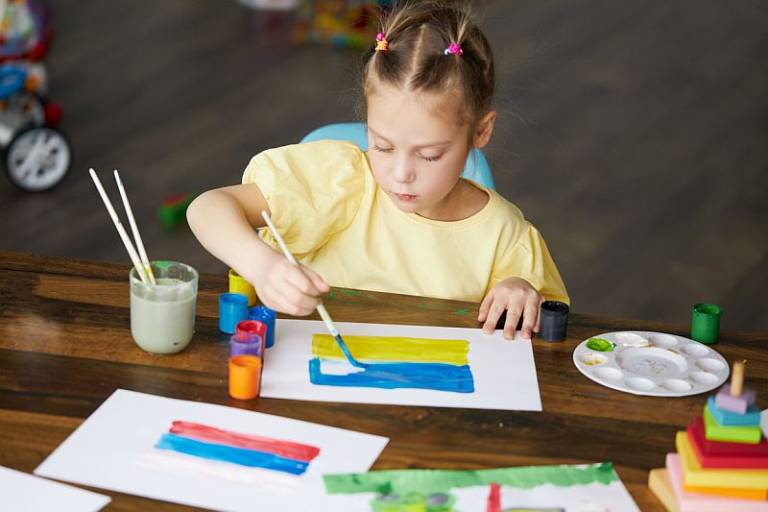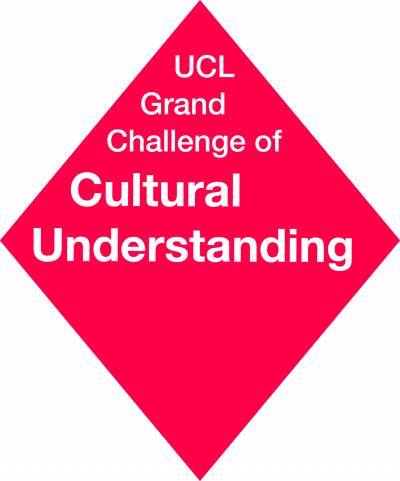Institutionalising inclusive and multicultural education in the context of mass displacement
A cross-disciplinary project looking at refugee perspectives in designing inclusive and multicultural education in new refugee hosting countries, focusing on Ukrainian refugee teachers in Poland.

1 September 2022
The project mobilised refugee perspectives in designing inclusive and multicultural education in new refugee-hosting countries. To do so, Dr Miciukiewicz and Dr Meetoo created a pilot study focused on how Ukrainian refugee teachers navigate and contribute to the institutionalisation of multiculturalism and inclusion in Polish schools, particularly in Lublin. Over 700,000 Ukrainian refugee school-age children arrived in Poland since February 2022. Approximately 300,000 of these children have since been placed in Polish state schools, and 400,000 have attended online teaching programmes accredited by the Ukrainian Ministry of Education. Public institutions were unprepared and did not have inclusive policies or experience with multicultural education. The project traced the experiences of 20 Ukrainian refugee teachers working as teaching assistants and teachers in primary and secondary schools in Lublin. Through in-depth interviews, the teachers were asked about their experiences as Ukrainian refugee teachers during the first year since the Russian invasion of Ukraine, their role in navigating the pressures of a multicultural environment in Polish schools and institutionalisation of inclusion and multiculturalism in the context of mass displacement.
The project highlighted the emerging issues faced by Ukrainian children in Polish schools related to inclusion in the school. Language, discrimination, bullying, mental wellbeing, religious differences, and a dual education system (participation in Polish and Ukrainian schools) were some of the challenges to Ukrainian children’s schooling experiences in the context of rapid mass displacement. The support systems in place by schools for Ukrainian children were also varied in their approaches.
Professor Oksana Tashkinova, a Ukrainian refugee from Mariupol who worked with Dr Miciukiewicz and Dr Meetoo on the project, has secured funds to continue this project work and create a workshop in 2024 to share findings from the project with an international research network on Ukrainian children in education.
 Close
Close


